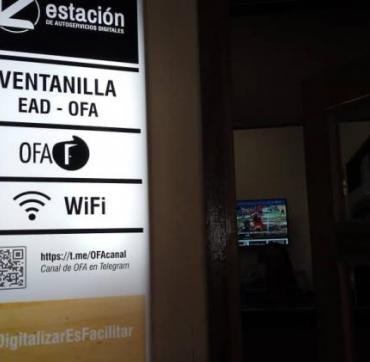Words for the Future
especiales

A year ago, at the closing ceremony of the IX Congress of UNEAC, Cuban President Miguel Díaz Canel-Bermúdez highlighted the validity of one of the essential documents of the Cuban Revolution: Words to Intellectuals, delivered by Fidel Castro on June 30th, 1961. Fidel established then the bases of what would be the Cultural Policy of the Revolution. This debate has sparked multiple debates, it’s an essential document. Never before has culture been given such a decisive prominence in the public and political life of the nation.
Fidel started in the conviction that any revolutionary process must necessarily be a cultural process. Words to Intellectuals was one of the foundation stones of the great institutional framework of culture in Cuba. It was, in fact, the seed of the organization that soon after founded great names in domestic arts and letters, with Nicolás Guillén at the head. The National Union of Writers and Artists of Cuba (UNEAC for its acronym in Spanish) was born from that creative impulse which had in Fidel Castro its number one promoter.
He always supported UNEAC, even in the most complex moments. When directions for national culture were debated and decided, in a dialectical process, full of ideas and disagreements. Fidel attended several national congresses and councils of UNEAC, listening and contributing, stimulating fruitful discussion, convinced that art and literature were not, and will never be, adjectives.
At the 6th congress of the organization he expressed that phrase with a profound projection: the first thing to save is culture. 59 years have passed since that foundational meeting with the vanguard of creation in Cuba, which took on the challenge of creating, from the renewal essence of a revolutionary process, a new basis for art and literature in the country, which could not disregard, of course, the weight and achievements of a great tradition, which will contribute to improve it. At the same time, it should put that extraordinary wealth in the hands of the people.
It was the main objective of the cultural policy that Fidel thought next to many other.
Culture as the right of every citizen. Culture to think the nation. To recreate it. To defend it. Those were recurrent ideas in many of the meetings of the leader of the Revolution with intellectuals and artists. Time and again he called for the unity of creators around a constantly changing social and political process, based on unchallengeable principles.
Fidel trusted the creative and moral assets of an organization that he always listened to and encouraged. Fidel Castro was, in his own right, an honorary member of UNEAC.
Great privilege of this country. His most illustrious son, his most illustrious politician, José Martí, was also one of his greatest poets and thinkers. Fidel Castro, his disciple, understood and made his Martí’s ideas. The spirit. There’s no homeland without spirit. Without culture, there is no Revolution. That is the great idea. It’s the idea that President Miguel Díaz-Canel reaffirmed at the closing of the IX Congress of UNEAC.
Translated by Amilkal Labañino / CubaSí Translation Staff














Add new comment